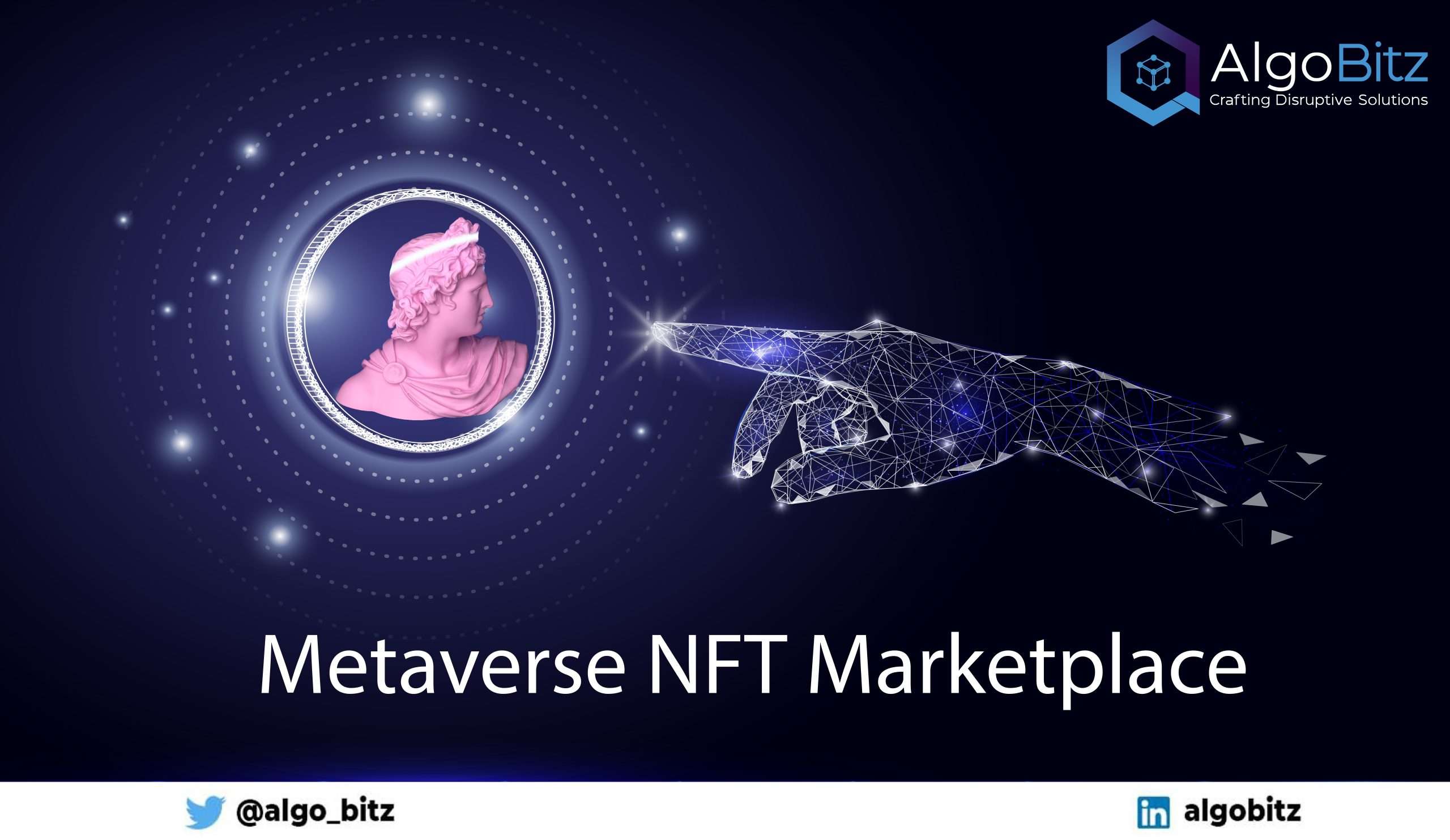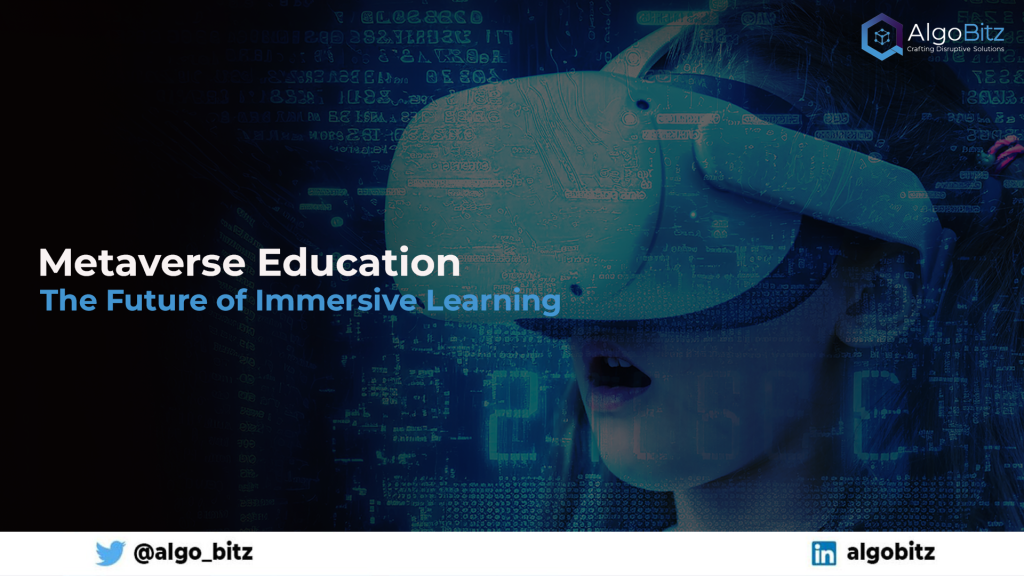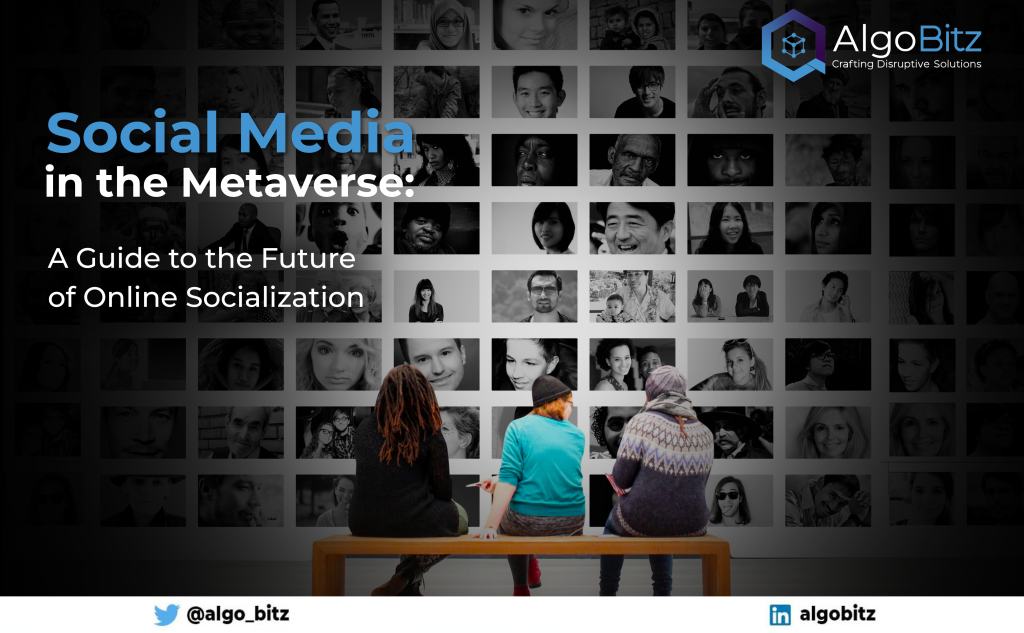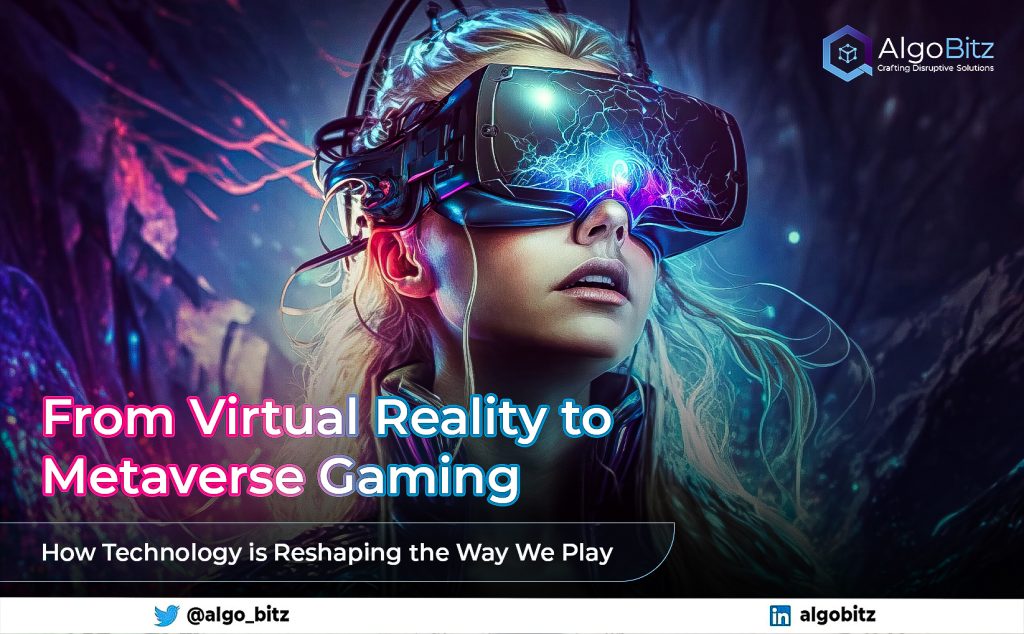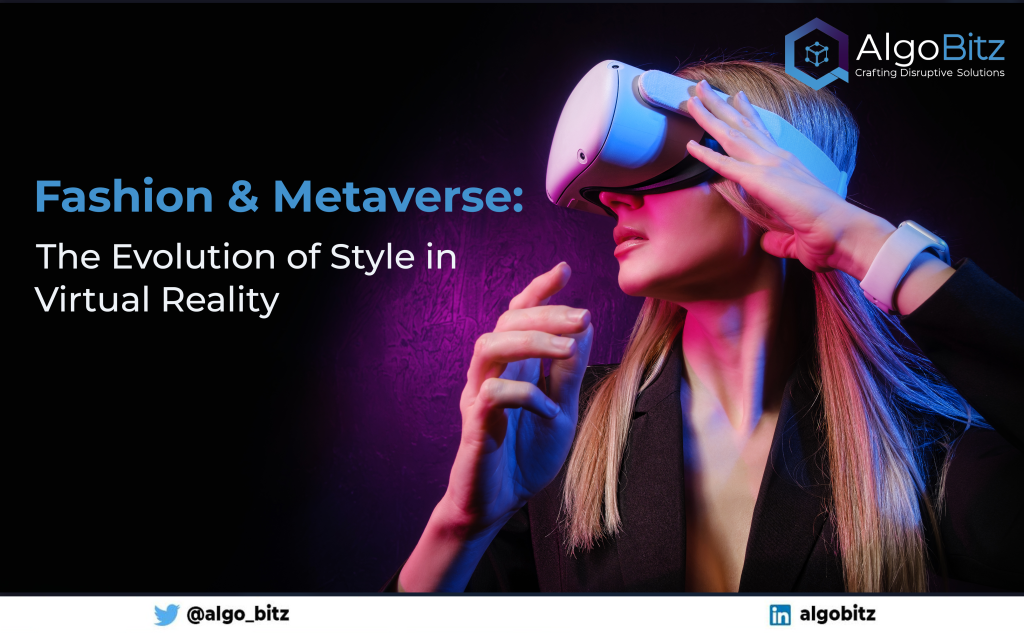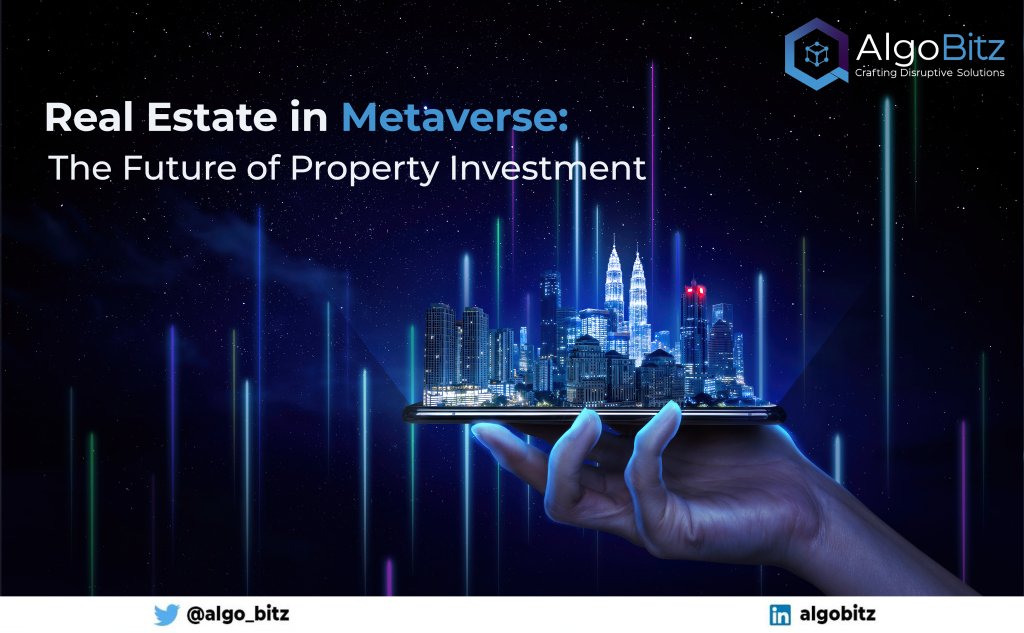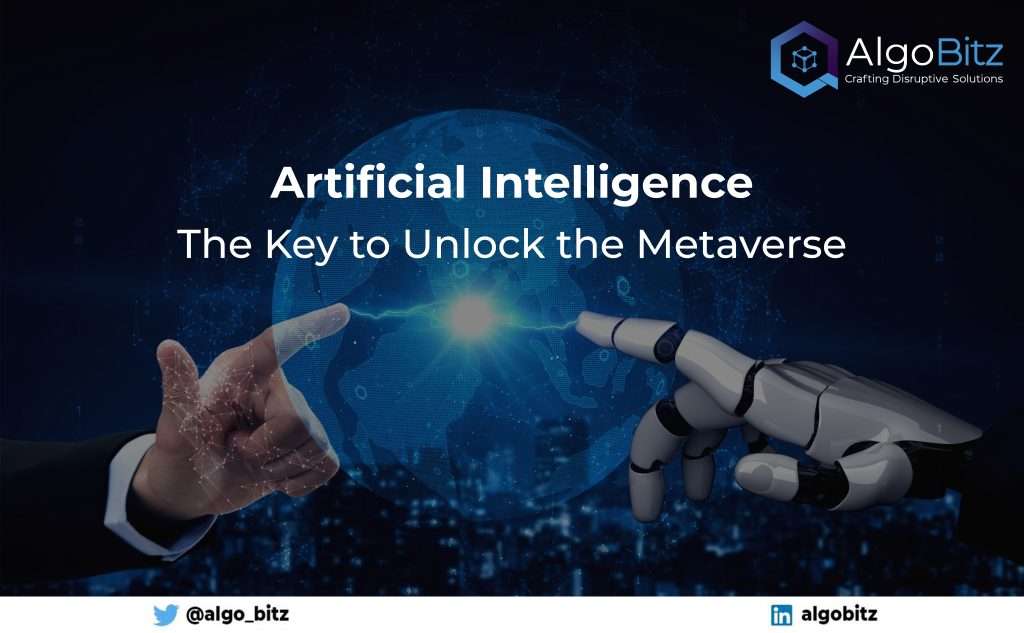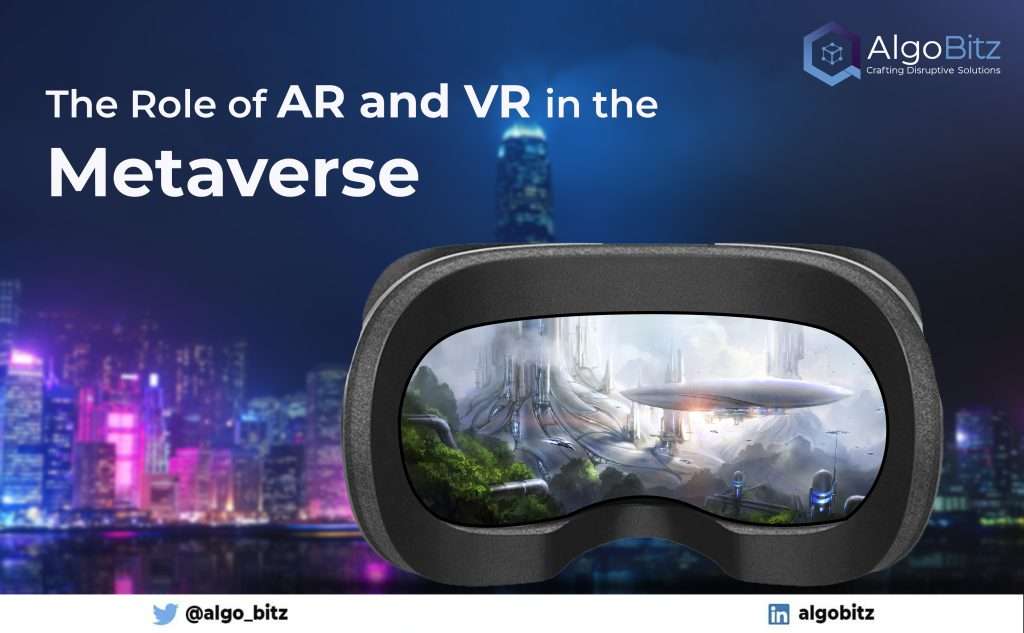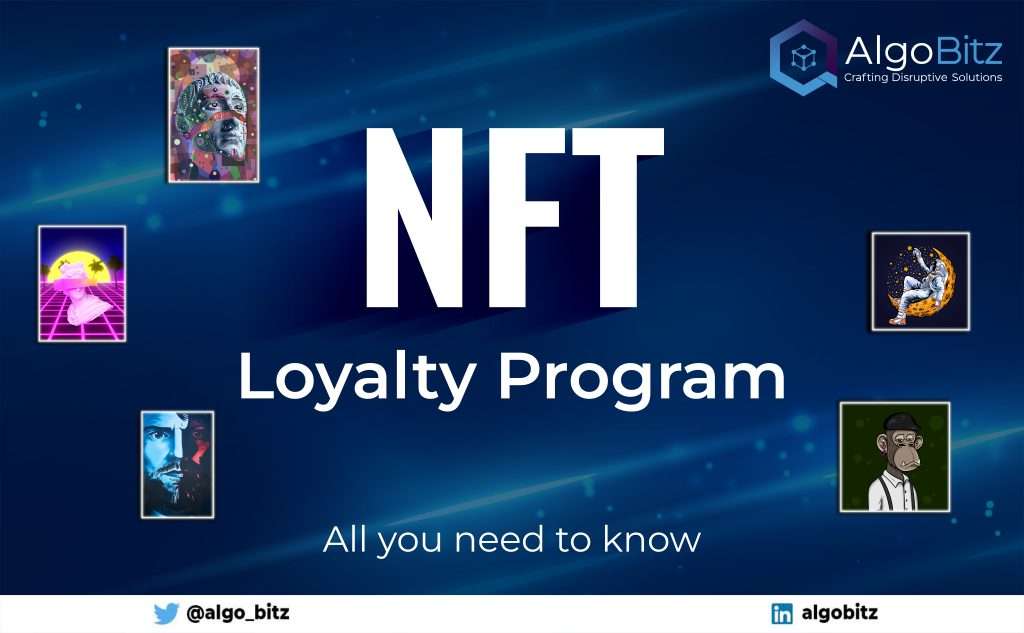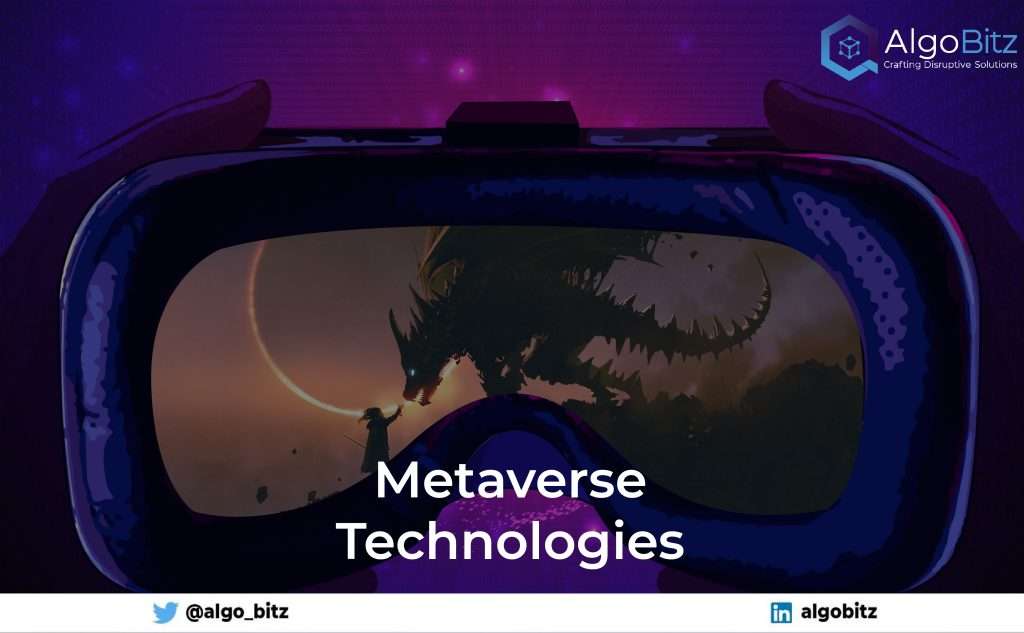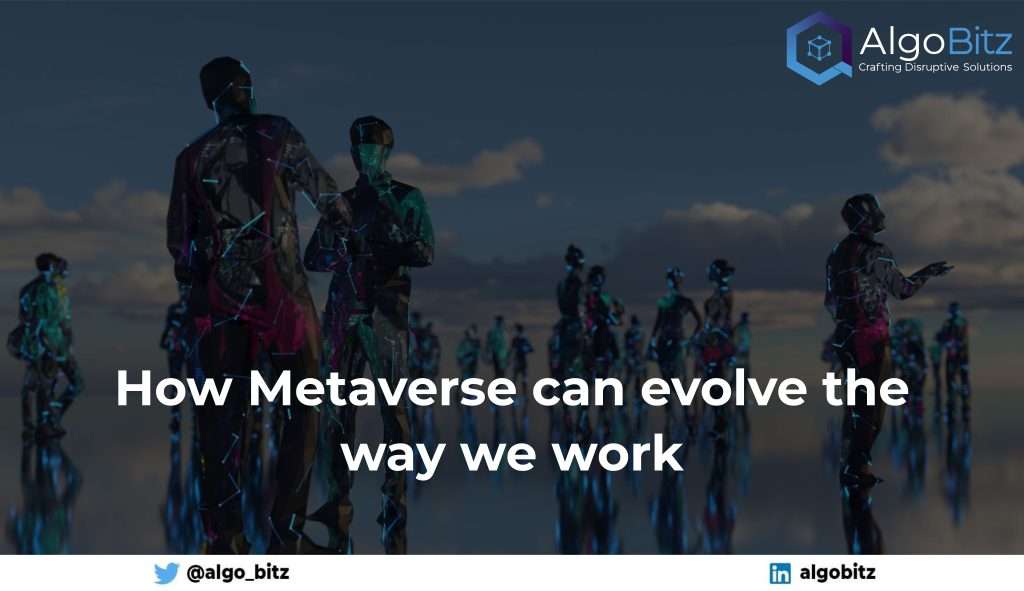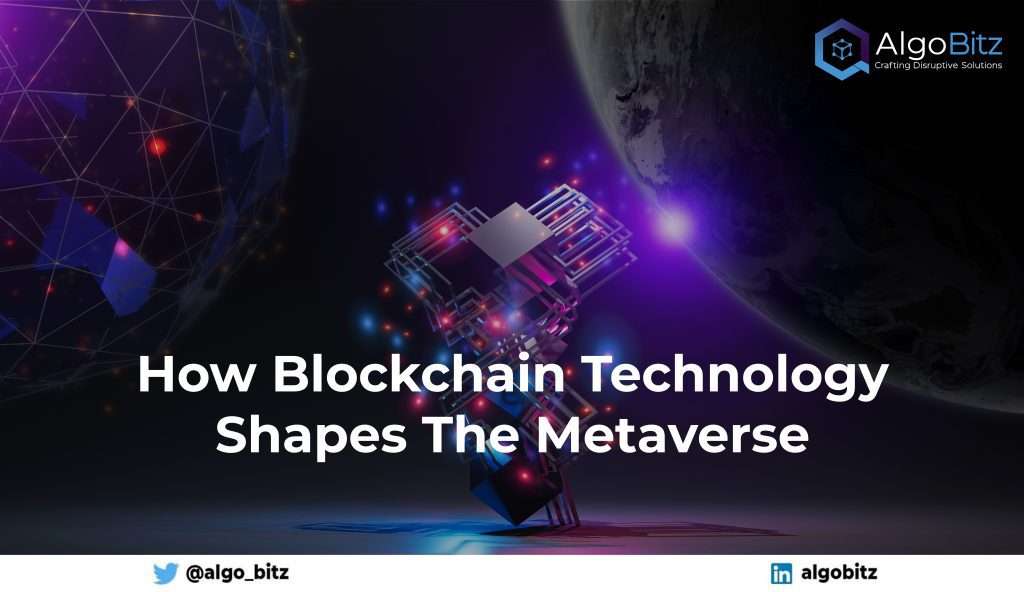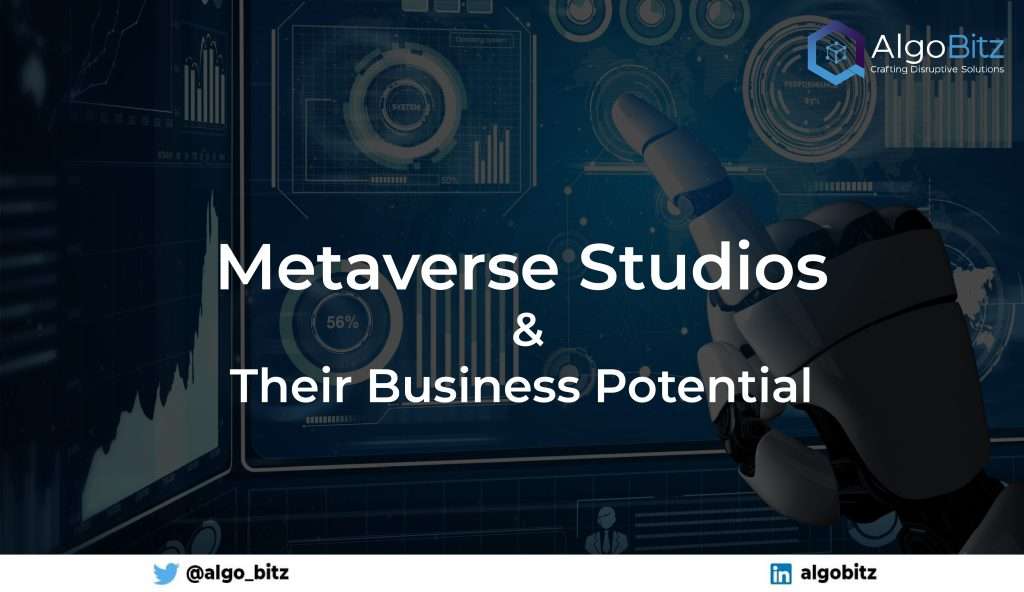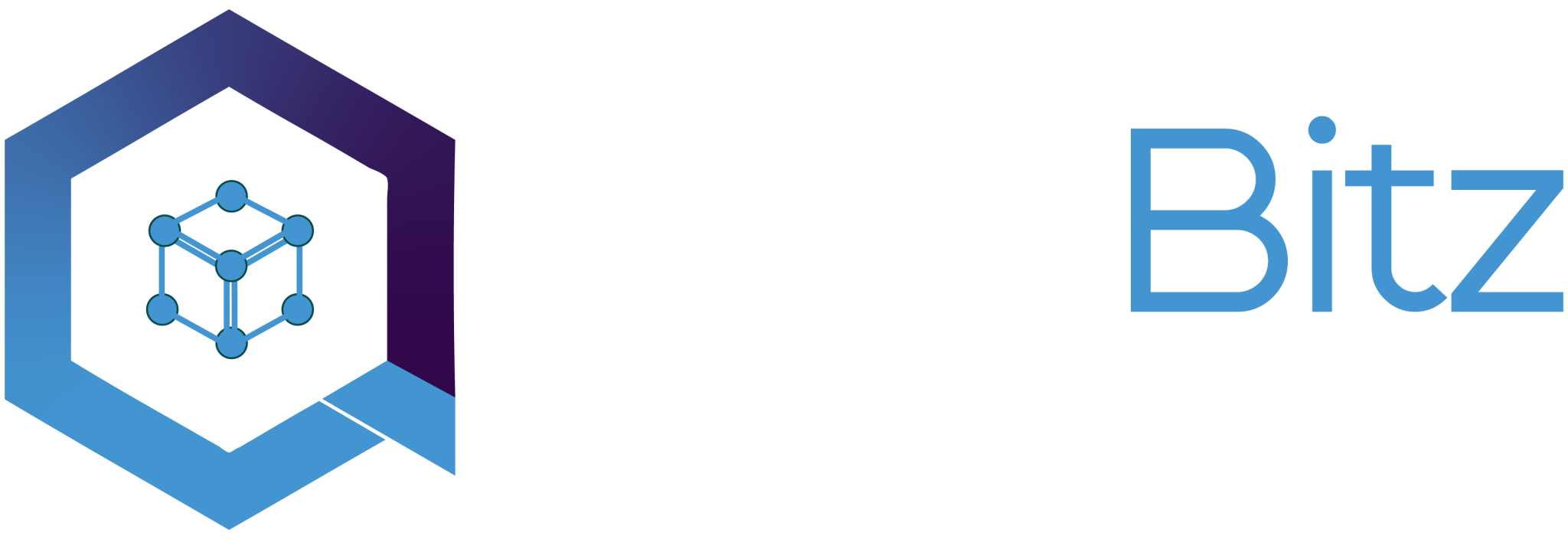A metaverse NFT marketplace system allows users to trade for NFT items in an immersive virtual environment. They must employ digital avatars so as to identify themselves inside the digital reality. On one hand, these platforms can operate as a separate metaverse or a land asset within preexisting metaverse spaces like Decentraland, The Sandbox, and Otherside. On the other hand, art NFTs can be traded on platforms like Opensea, Rarible, DiscoverNFT, and The Upside Space. And there is a plethora of other options floating around the metaverse space. So, let’s dive in and find more.
Some Important Attributes
- Tokenization Mechanisms in such systems enable creators/sellers to mint NFTs. It uses diverse token protocols based on their preferences and the blockchains to be used.
- Staking in a metaverse NFT marketplace allows customers to gain crypto incentives by holding their NFT assets to sustain liquidity.
- Lazy Minting allows traders to offer their NFTs in the metaverse NFT marketplace. And the best part is that the seller won’t incur gas fees, as the buyer mints them while purchasing.
- P2P Exchanges on the platform will enable NFT sales to occur directly amongst participants using smart-contract-driven protocols, removing the need for intermediaries.
- DAOs (Decentralized Autonomous Organizations) enable platform audiences to involve in decision-making and operational improvements.
- Cross-chain interoperability is critical here as the solution must cater to a larger audience.
Different Business Possibilities Using a Metaverse NFT Marketplace
- Gaming Marketplaces: They help with in-game NFT asset trading in Play-to-Earn (P2E) games. Such marketplaces would scale the gaming environment in terms of interest and features. And this provides gamers with exciting trading experiences and immersive gameplay.
- Real Estate Marketplaces: They enable buying, selling, and renting of virtual land areas within current metaverse systems. These platforms must be as realistic and interactive as possible so users can explore the properties and engage in transactions without any intermediary.
- E-commerce Marketplaces: They create enhanced digital experiences through the use of VR/AR technology. Here, consumers can virtually try the NFT items before paying for them through cryptocurrencies. Such platforms serve as a bridge between the physical and virtual worlds, with strategies to resolve the issues with users buying NFTs virtually.
- Art Marketplaces: Here, young and talented digital artists can be exhibited in galleries, with P2P trades without mediators and unique experiences for guests through excursions.
Concluding Thoughts
One of the newest business concepts that gained momentum is the metaverse NFT marketplace. It can be an ideal venture option for one who strives to serve the new-age world seeking end-to-end technological innovations. The model’s fundamental essence will boost its sustainability in the metaverse ecosystems. Because of this aspect, businesses can easily monetize it with creative tweaks. So, at this moment, it is vital to emphasize the development of the metaverse NFT marketplace.
Algobitz is your 360-degree solutions partner for Metaverse development and associated services. Build your NFT marketplace with our ready-to-deploy solutions and ensure a quick launch. Our solutions offer a combination of NFT Marketplace development services in a unified platform to boost your efficiency and time-to-market due to our consistent focus on user interface and worldwide NFT trading. So, what are you waiting for! Click here to explore.
